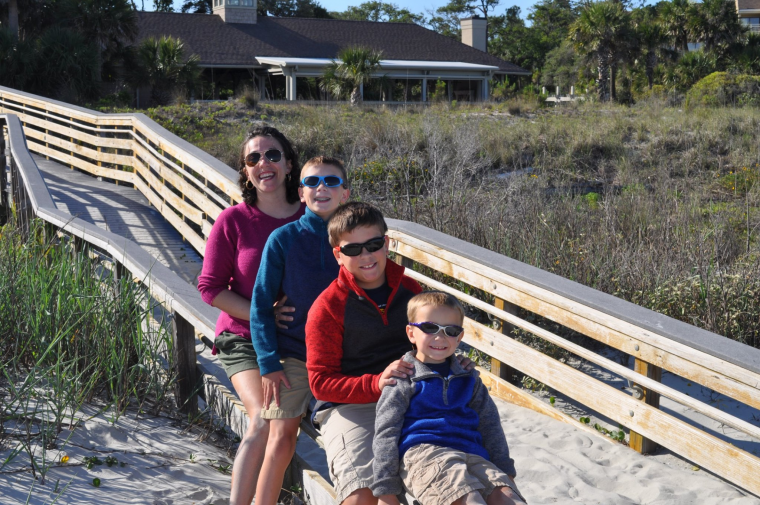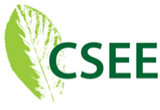Perspectives from the Homefront: My Lens as a Parent and a Special Educator
By by Melissa Wood, Lab's Director of Speech, Language, and Literacy Services
The Lab School's Director of Speech, Language, and Literacy Services talks about the ups and downs of working from home while mothering three boys.

The first few weeks of quarantine I put on my educator hat, sitting nearby as my kids (ages 10, 8, and 4) began to tackle distance learning. We went over their schedule each morning, set up workstations, put together supply-caddies, and got down to work. I worked to keep them on task, accurate in their work products, and model Zoom/Teams citizens.
How did it go, you ask? It was a disaster. I was stressed, bouncing back and forth from kid to kid. And my kids? They didn’t like me that much. I was a task master. And, let’s be honest, I didn’t like myself in that role either.
So, in a moment of utter frustration, I yelled, “That’s it! I’ve had it. You are on your own!” And I left them completely to their own devices for the remainder of that week. (Don’t worry, not the 4 year old.)
Those first few days I got a lot of questions from the 10 and 8 year old – Where is the...? How do I….? When is my….? And, of course, I answered those questions. As patiently as I could, I showed them what to do so they could be on their own as much as possible. This is what happened:
- They gave themselves a lot of breaks. And still got their work done...mostly.
- They learned to use digital modalities so quickly...much faster than me.
- They became more independent learners as they practiced, with success and failure, at time management.
- My time with my kids became less about task completion and more about conversation and play.
The ultimate success story? Get real! It’s still parenting...and teaching…and working…in a pandemic. It is SO hard!
However, as I reflect on what I, and my kids, are learning right now, I can’t help but reflect on the “soft skills” that are actually the most important knowledge base that they will take with them from this pandemic. These are the skills that will help them to be successful in their future as students (live or digital), and then adults, as important, contributing members of society. Those “soft” skills are really executive function skills, and they include:
- Prioritization & Self-Monitoring: Allowing kids to choose what they work on and in what order each day; teaching them to use checklists (handwritten ones and digital tools) to keep track of what has been completed and what is left to do.
- Organization: Setting up a system of materials (physical and digital) and practicing with it so that it is the kids’ responsibility to know where materials are and where they go when they are done.
- Time Management: Introducing kids to calendars, planners, and timers to keep them motivated, goal-directed, and practicing time estimation; adding a big motivator to the end of the day (e.g., video games/movies) that can only be accessed if all tasks are completed.
- Self-Regulation: Allowing kids to listen to their bodies and take breaks whenever they need them; offering opportunities to engage and play in different sensory modalities.
- Attention: Letting kids experiment with how they attend best - try out listening to music, having a video on in the background, having their sibling present in the room or on a class call at the same time. Reflect together on what worked well and what didn’t.
- Metacognition: Asking questions like How can you solve that problem? Have you done something like that before? How can you ask for help? What do you need from me? Trying to frame answers with I wonder if… so that the parental role in schooling is more of a conversation and a modeling of self-talk and curiosity.
Overall, I’m proud of my little learners...and of myself. They are developing skills that they will use forever. I, in turn, am learning to lighten up, to let them succeed and fail, and being just a bit kinder to myself. I am hopeful, overall, that we will remember this unprecedented time together as one that, while not perfect, brought us closer together and helped us learn more about each other and ourselves.


